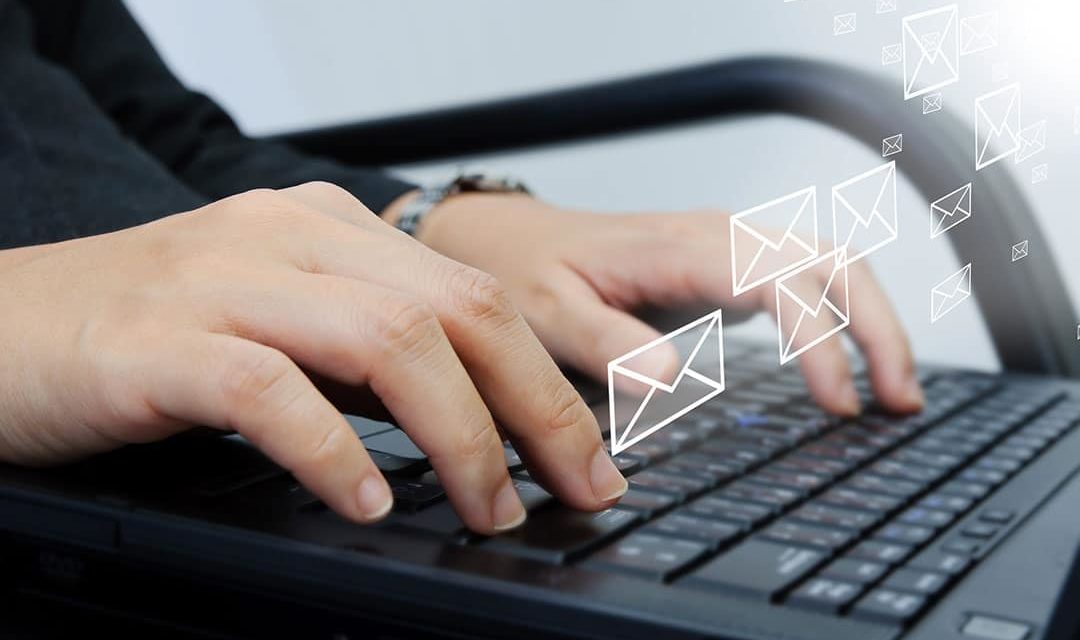Introduction:
In the digital age, it has become an integral part of our daily Email Communication. Whether in professional settings, educational institutions, or personal interactions, effective communication is crucial for conveying ideas, building relationships, and maintaining professionalism. This article aims to explore the nuances of effective email communication, drawing insights from various fields such as rhetoric, interpersonal communication, education, and public relations.
Understanding the Foundations: Rhetorical Theory and Email Communication
Rhetorical theory, a cornerstone in communication studies, provides valuable insights into crafting persuasive and impactful messages. In the context of email communication, understanding the principles of “antidosis” becomes paramount. Antidosis, a rhetorical term, refers to the art of exchanging ideas and maintaining balance in discourse. Applying this principle to communication involves striking a balance between formality and familiarity, ensuring messages are both professional and approachable.
Technical Terminology in Email Communication:
In professional and technical spheres, the use of specialized language is inevitable. However, the challenge lies in conveying technical terms without alienating the recipient. A skilled rhetorician in email communication recognizes the importance of clarity and employs technical terminology judiciously. Utilizing layman’s terms or providing brief explanations for complex concepts ensures that the message is accessible to a broader audience.
The Role of Public Address in Email Communication:
Similar to oratory in public speaking, email communication is a form of public address. The sender must consider the diverse audience that may receive the message. The email’s tone, language, and content should be tailored to resonate with different individuals, taking into account their backgrounds and perspectives. The rhetorician crafting the email message must be mindful of the social and cultural nuances that may influence interpretation.
Strategic Use of Technical Terminology:
Incorporating technical terminology in emails requires a strategic approach. While it is essential to demonstrate expertise, an excess of jargon can impede understanding. Rhetorically, balancing the use of technical terms with clear explanations ensures that the recipient, regardless of their familiarity with the subject matter, can comprehend the message. This approach contributes to effective communication within professional and academic contexts.
Interpersonal Communication in the Digital Realm:
Email, despite its digital nature, is fundamentally a tool for interpersonal communication. Recognizing the interpersonal aspect is crucial for crafting messages that resonate with the recipient. Beyond the exchange of information, effective email communication involves building and maintaining relationships. The sender’s ability to convey empathy, understanding, and respect through written words contributes significantly to successful interpersonal interactions.
The Pedagogical Dimension of Email Communication:
In educational settings, email serves as a primary mode of communication between students, teachers, and administrators. Adhering to pedagogical principles in email communication ensures that messages align with educational objectives and foster a positive learning environment. Clear articulation, concise language, and alignment with curricular goals are essential elements for effective communication in educational settings.
Social Scientific Perspectives on Email Communication:
Email communication provides a rich source of data for social scientific analysis. Researchers often examine email exchanges to understand patterns of communication, power dynamics, and social relationships within organizations. The digital trail left by emails offers insights into the evolution of interpersonal connections and the impact of communication strategies on social structures.
Mindful Language Choices and Credibility:
The language used in email communication significantly influences how the sender is perceived. Rhetoricians emphasize the importance of choosing words carefully to enhance credibility. Clear, concise, and respectful language choices contribute to a positive impression and foster trust between the sender and recipient. Consistency in language use also plays a vital role in building and maintaining credibility over time.
Health Communication through Email:
In the realm of health communication, email serves as a valuable tool for disseminating information, providing updates, and fostering patient-doctor communication. Clear and empathetic language is crucial in health-related emails to ensure that recipients understand medical information and feel supported in their healthcare journey. Rhetorical theory can be applied to enhance the effectiveness of health-related email communication.
Experience-Based Insights:
Effective email communication is often shaped by the experiences of individuals in various fields. Professionals, educators, and communicators draw from their experiences to refine their email-writing skills. Reflecting on past interactions, recognizing successful communication strategies, and learning from challenges contribute to the ongoing development of effective email communication skills.
The APA Style Guide in Email Writing:
In academic and professional contexts, adhering to a standardized style guide is essential. The American Psychological Association (APA) style is widely used in academic writing, including email communication. Applying APA style guidelines to emails ensures consistency, professionalism, and a standardized format that is familiar to many in academic and professional circles.
Conclusion:
Mastering the art of effective email communication is a multifaceted endeavor that draws upon principles from rhetoric, interpersonal communication, education, and public relations. Whether navigating technical terminology, considering the pedagogical dimension, or aligning with social scientific perspectives, a skilled rhetorician in email communication recognizes the importance of balance, clarity, and empathy. By integrating these elements, individuals can enhance their ability to convey messages persuasively, foster positive relationships, and achieve success in diverse professional and personal settings





















+ There are no comments
Add yours